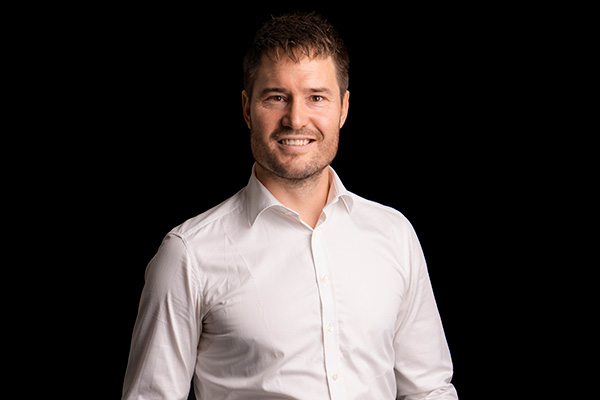Henrik Bech Seeberg
Research leader

Project title
How political parties adapt to new generations: The influence of the youth wings
What is your project about?
The project examines the power of political parties’ youth wings. Youth wings are often considered peripheral for policymaking in the public debate while themselves taking credit for remarkable policy change such as gender-neutral military service or youth psychiatric treatment. The project asks to what extent and under what conditions youth wings influence their parent parties’ policy positions and priorities. Do youth wings allow the youth a footprint in politics? Do they strengthen the political parties’ adaptation to new generations’ needs and demands? The project develops a theoretical model of youth wing organization and collects new large-scale cross-country data.
How did you become interested in your particular field of research?
During my Master in European Politics at the London School of Economics in 2008, I was intrigued to learn about the triggers of stunning policy developments across Western democracies such as why some countries close their borders while others accept more refugees. This was my point of departure for an ever-stronger passion to research and understand more broadly how political parties distribute scarce resources and make important decisions for society. My Sapere Aude project allows me to dig deeper into how political parties adapt to an ever-changing society via their youth wings.
What are the scientific challenges and perspectives in your project?
A critical scientific challenge which the project confronts is to study youth wing political influence across modern, Western democracies. Influence, or power, is extremely difficult to document. If the youth wing of the Social Democrats for instance requests more vocational training and the Social Democrats takes this position, how do we then know if the former influences the latter and not just kicked up an open door? The project handles this challenge in two ways: (1) I get very close to studying the actual interest formation in political parties through advanced statistical analysis of the political footprints of youth wings over time in five European countries. (2) I implement an elite field experiment which allows to control the youth wing inputs to the parties in the lab and in this way causally identify their influence on the parties’ positions on certain policy issues. Political scientists have struggled for decades to document power and influence in political parties. My approach promises a scientific breakthrough by showing entirely new ways to document power and influence in political parties.
What is your estimate of the impact, which your project may have to society in the long term?
My project offers a much-needed critical assessment of a central nerve in our representative democracy, namely youth representation. Contemporary political parties are losing ground in society due to withering membership rates, loyal voters, and public trust in politicians. As we speak, tomorrow’s voters, party members, and political leaders hatch, and the question is whether political parties succeed in including young voters and giving them a voice? It appears to be the case since many century-old political parties are still going strong. However, we need to know the mechanism that makes parties adapt in order to bolster our democracy to the future. An important step in this process is to shed light on the blind spots of youth representation.
Which impact do you expect the Sapere Aude programme will have on your career as a researcher?
It feels like a huge responsibility and privilege to become part of the exclusive Sapere Aude research program. I generously receive the resources and time to lead a strong, international team to tackle a major research question and take my research agenda to the next level. At the same time, the acknowledgement from being a member of the flagship Sapere Aude research program will vastly expand my international research career.
Background and personal life
Politics and research is a major part of the dinner conversations at our home since my wife is also a researcher in political science. I enjoy taking our four kids on adventures around Aarhus in our cargo bike, do smaller renovation projects on our 150-year-old house, and spend time on the playground in our communal yard. In the absence of zoom-evening-meetings with US-colleagues or sick kids, I prefer to take part in a high-intensity oldboys soccer match with several of my colleagues.
View all research leaders here
Research institution
Aarhus University
Research field
Political Science
City of your current residence
Aarhus
High school
Kolding Amtsgymnasium
